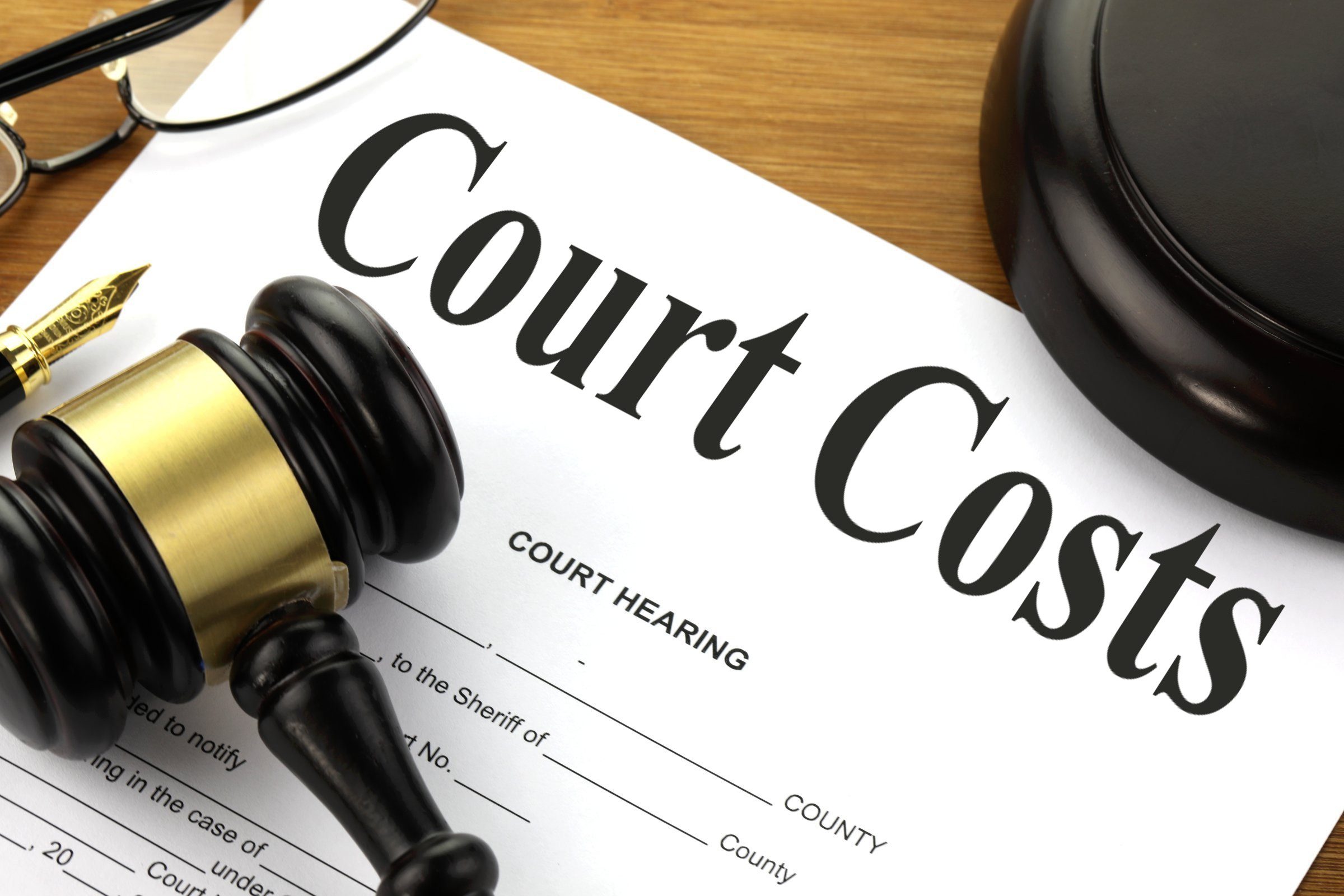Divorce can be an expensive and emotionally taxing process. A recent report highlights that the average cost of a divorce in Texas is approximately $15,600 for couples without children and $23,500 for those with children.
Factors Influencing Divorce Costs
- Complexity of Assets and Custody Issues: Divorces involving businesses, real estate, or contested child custody can increase costs.
- Level of Conflict: Amicable separations are generally less costly than high-conflict cases.
- Attorney Fees: Experienced attorneys often charge higher hourly rates, but their expertise can lead to better outcomes.
- Court Costs and Fees: Filing fees, mediation costs, and expert witness fees can add up.
Complexity of Assets and Custody Issues
Divorces involving complex assets, such as businesses, real estate, or retirement accounts, or those with contested child custody, can significantly increase costs. The division of these assets often requires detailed financial analysis, appraisals, and sometimes expert testimony, all of which add to the overall expense.
- Business Ownership: Divorces involving business ownership require valuation, which often involves hiring experts. The process can be time-consuming and costly.
- Real Estate Holdings: Multiple properties or properties with complicated ownership structures can increase legal fees due to the need for appraisals and legal documentation.
- Retirement Accounts: Dividing retirement accounts like 401(k)s or pensions may require the preparation of a Qualified Domestic Relations Order (QDRO), which adds to the cost.
- Contested Child Custody: When parents cannot agree on custody arrangements, the case may involve extensive legal battles, child evaluations, and court appearances, all of which significantly increase costs.

Level of Conflict
- Amicable Separations: When both parties agree on major issues such as asset division, child custody, and spousal support, the divorce process is smoother and less costly.
- High-Conflict Cases: Disputes over financial matters, child custody, or spousal support can lead to prolonged litigation, multiple court hearings, and increased attorney fees.
- Dispute Resolution: If mediation or collaborative law fails, the need for court intervention will escalate costs due to additional legal proceedings and preparation.
Attorney Fees and Expertise

- Hourly Rates: Attorney fees in Texas can vary widely, typically ranging from $300 to $750 per hour, depending on the lawyer’s experience and the complexity of the case.
- Specialized Expertise: Hiring an attorney with specialized expertise in family law, particularly in complex cases involving high-value assets or contested custody, can be more expensive but may lead to better outcomes.
- Fee Structures: Some attorneys charge a flat fee for specific services, while others bill hourly. Understanding and negotiating the fee structure upfront can help manage costs.
Court Costs and Additional Fees

- Filing Fees: The initial filing fee for divorce in Texas varies by county but typically ranges from $250 to $350.
- Process Server Fees: Serving divorce papers can cost anywhere from $50 to $200, depending on the complexity of locating the spouse.
- Mediation Costs: If the court orders mediation, both parties typically share the mediator’s fee, which can range from $100 to $300 per hour.
- Expert Witness Fees: In cases requiring expert testimony, such as financial analysis or child custody evaluations, costs can add up quickly, often reaching several thousand dollars.
Duration of the Divorce Process
- Uncontested vs. Contested: Uncontested divorces are usually faster and less expensive, often finalized within a few months. Contested divorces, especially those requiring a trial, can drag on for years, exponentially increasing costs.
- Court Availability: Backlogs in the court system can delay proceedings, leading to more billable hours for your attorney as they prepare for and attend multiple hearings.
Geographical Location
- Urban vs. Rural: Divorce costs can be higher in metropolitan areas like Dallas, Houston, or San Antonio due to the higher cost of living and attorney rates.
- County Variations: Court fees and the availability of resources like mediators or expert witnesses can vary significantly by county, impacting overall costs.

Strategies to Control Divorce Costs
- Consider mediation or collaborative divorce as an attempt to resolve issues outside of court.
- Limit disputes by finding areas of agreement with your spouse.
- Organize your documents in advance to minimize attorney preparation time.
Contested vs. Uncontested Divorce Costs
Uncontested Divorce
Contested Divorce
Why Hiring a Divorce Attorney is Important

Investing in an experienced Texas divorce attorney can be the deciding factor between achieving a fair settlement and one that leaves you financially or emotionally disadvantaged. An attorney’s expertise is invaluable in navigating the complexities of Texas divorce laws, which can be intricate and difficult to understand without proper legal guidance. Whether you’re discussing support responsibilities, custody agreements, or asset partition, they can make sure your rights are upheld.
Moreover, a divorce attorney can provide essential support in managing the emotional stress that often accompanies divorce proceedings. Their objective perspective allows them to advise you based on logic and law, rather than emotion, helping you make decisions that are in your best long-term interest. They also handle all communications with your spouse or their attorney, which can reduce conflict and promote a more amicable resolution.
Managing Divorce Costs: Secure Your Future

Considering a divorce? Protect your assets, secure your future, and ensure a fair outcome by consulting with an experienced Texas divorce attorney. Tess House Law is here to guide you through every step of the process. Contact us at 6840 San Pedro, San Antonio, Texas 78216, or call (210) 249-2985 to schedule a consultation.

